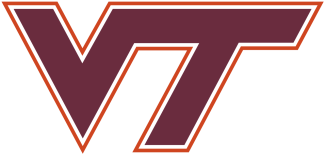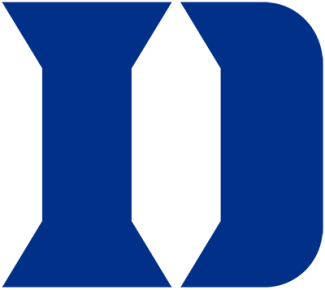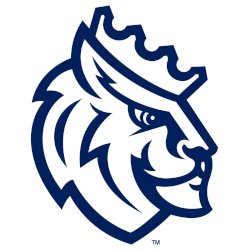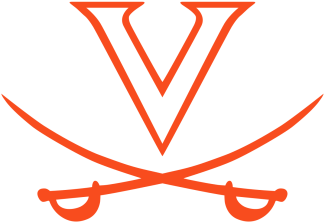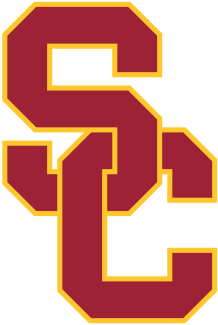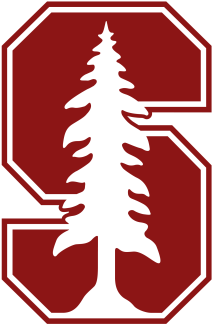Flanagan felt he did not get off to a great start in 2016 because he had suffered a herniated disc and was dealing with some back pain. Then, in the game against Denver on July 23, Mike Bocklet dove for a shot but landed on Flanagan’s leg.
He missed the remainder of the 2016 season, including Charlotte’s second trip to the playoffs. The injury also forced him to make a decision about his playing career.
“Our league is so hard to play in. I thought if I get a serious injury, it will be so hard to come back because we don’t have people checking on us every day,” he said. “Once it happened, all that went out the window. I’m not done. I love being around the guys. I’m passionate about the sport. As soon as it happened, it was like this sucks, but I’m not done. Who knows if I’ll be able to get back, but I’m going to do everything I could.”
Flanagan attacked a grueling rehabilitation schedule in an attempt to come back.
“I’ve worked harder in the past 10 months than ever in my career,” he said. “Rehab was five days a week, and after a month it was three days a week with the therapist, but I’m in the gym on my own for two to three hours in the morning. That went until January or February. Then we went down to two days a week of rehab, but still doing two hours (on my own) in the morning.”
He said the most challenging part of the rehabilitation process came in the early stages.
“About a week after surgery, I had a blood clot. That was the low,” he said. “That screws everything up. They put you on a blood thinner and that scares you.”
He also said he began by comparing his recovery to that of other athletes with similar injuries, such as NFL stars Adrian Peterson and Rob Gronkowski, but he was forced to realize everybody’s path is different.
“Once I got the idea of not trying to measure myself against others it was just how much progress could I make?” he said. “There were some hard days, but after the blood clot it was, ‘Let’s hit these checkmarks.’”
Flanagan experienced a setback during rehabilitation, but it did not have to do with his knee.
In October, MLL teams set their protected 23-man rosters prior to the supplemental draft, releasing the remaining players and making them available to other teams. Flanagan was one of the players left unprotected by Charlotte.
Cerino said the team tried to be strategic.
“If you looked, there’s lots of guys in your base market who you can leave unprotected so you can protect someone else,” he said. “Really, we thought we’d get Ryan back in the supplemental draft.”
Flanagan, however, said he was surprised by the move.
“I got a ten second voicemail from Coach Cerino saying I wasn’t protected. I never heard from anybody else. No one called to ask how my knee was,” he said. “It was shocking. You’d think someone would call me and say, ‘We’re going to let you go, and this is why.’ That was surprising.”
He said he envisioned himself playing for Charlotte for the entirety of his career, but at the end of the day, wanted to continue playing in the league no matter who it was for.
“That was clearly a business decision,” Flanagan said of Charlotte’s choice. “I’m going to come back and play and do it faster than everybody expected. Some guys are working out to play, and I’m working out to keep my career alive.”
Flanagan had several teams interested in him – he said he spoke with Florida, New York, Chesapeake, and Boston – and the Lizards selected him in the second round with the 16th overall pick.
“Ryan has a tremendous effort and desire to be great,” Lizards head coach Joe Spallina said. “He has something to prove. He’s in phenomenal shape. He’s tough. His mindset, when I spoke to him, he checked all the boxes. I knew he’d come back strong and I’m excited for him.”
Spallina knew Flanagan was a good player, but said he was most impressed with his attitude at the team’s training camp.
“He said, ‘I’m not going to be ready, but I need to be at training camp.’ He got acclimated to the defensive language and being a leader, helping to be the glue,” he said. “One of my Stony Brook girls tore her ACL and he reached out to her and spoke with her and that talks about the character of Ryan.”
Flanagan grew up on Long Island and attended West Islip High School, which is about 21 miles from where the Lizards play their home games.
He said playing where he grew up is nice, but the biggest attraction to the Lizards is people in the organization.
“Two of the first guys I heard from (after the injury) were (Lizards players) Greg Gurenlian and Kyle Hartzell,” he said. “With Joe (Spallina), he brings confidence to his players. With the situation I’m in and getting my confidence back, when you have the support of the coach and ownership, it makes a huge difference.”
Cerino said Charlotte still tried to bring Flanagan back even after the supplemental draft.
“(We) approached New York about trading him back and they had no interest,” he said. “We wish him well and are glad to see him back in New York. That’s the most important thing. It’s nice he’s healthy and back on the field.”
The Lizards and Hounds meet twice this season. Flanagan does know the date of the game in Charlotte – July 15 – but he is more concerned about his next opponent than a future one.
“I’m looking forward to it. I’m eager. They’re really good. They’re not winning games like they should, but offensively those guys are as good as anybody,” he said. “I don’t have a bone to pick or anything to prove to those guys. I was a four-time all-star. I had a good impact on the lacrosse community in Charlotte. It was a business decision. My job is to help New York and pick up some wins.”
In his first game back, Flanagan took shifts at LSM, spelling Hartzell and working the wing on the face-offs. He was not credited with any ground ball pick-ups, but he did get a 30-second penalty in the first quarter for a push.
“I remember vividly taking the first wing and wondering if I could hold my food in,” he recalled. “The first ball gets past me and I was like, ‘Crap, I cost Greg Gurenlian a win.’ But you get out and run around and get more comfortable.”
Spallina was more optimistic about Flanagan’s first game back.
“I thought he was great,” he said, adding he limited Flanagan’s runs to ease him back into the lineup. “He’s so rangy and athletic and his size, he did a great job. He was really effective versus their best guys in the midfield.”
Unfortunately for Flanagan, the Lizards lost his debut, 13-10. He was disappointed, but he was more relieved to be back on the field after a challenging 10 months.
“You want the storybook ending, but I remember walking back to the locker room, I was close to tearing up,” he said. “You reflect back on all those things, the whole process, laying in bed and not being able to cook yourself food, to walking, jumping, squats and lunges, and all the people that help you along the way.”
“The reality is, there’s a 10-15 percent chance ill re-tear my ACL,” he added. “I don’t think anything past the next play at this point. That’s a change in my career. I’m trying to keep my career. My chances (of an ACL injury) are higher than anyone else’s, so I don’t take anything for granted.”









